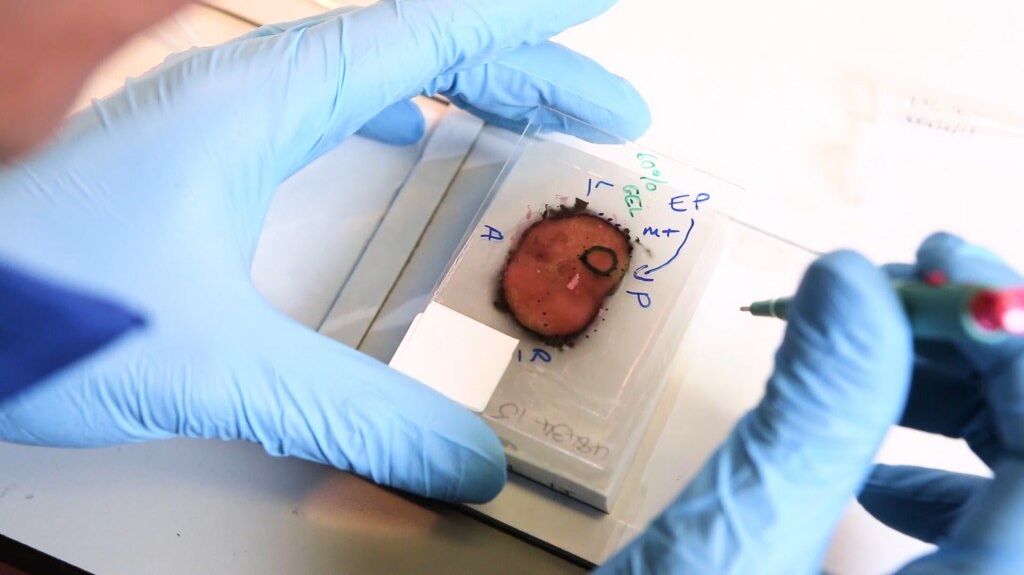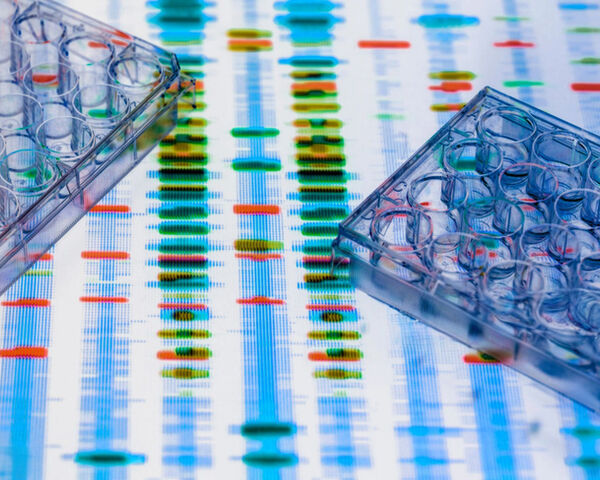5,000 Whole Genome Sequences

We have now sequenced over 5,000 whole genomes from patients and their families. These are largely from our pilot study for which we owe enormous thanks to NIHR Bioresource for Rare Disease, Cancer Research UK and Biomedical Research Centres across the country. The 100,000 Genomes Project is picking up pace. All 11 NHS Genomic Medicine Centres are up and running and recruiting patients for rare disease. A number of additional families are due to join the Project from the NIHR Bioresource Rare Disease programme and several GMCs are now recruiting cancer patients as well.
Maddison, aged 6, was the first patient recruited at University Hospital Southampton. Read her unique story and why her family took part in the University’s research newsletter. In Oxford, the first cancer patients were recently recruited. In total more than 1,200 patients and their families who are looked after by the Oxford University Hospitals NHS Foundation Trust will take part.
For some of these patients, this new diagnostic approach will alter clinical management and can guide clinicians towards more effective treatment options. At the same time, by helping to recruit thousands of patients to this unique programme across England, we will make a significant contribution to collaborative research aimed at improving our understanding of these diseases which will ultimately lead to successful design of new therapies
Dr Anna Schuh
Director of the Oxford NHS Genomic Medicine Centre
As we reported in our last update on May 26 2015, collecting DNA for sequencing from cancer biopsies has presented us with challenges. We are evaluating the different elements of sample handling and processing to optimise the quality and quantity of DNA for sequencing. One of the main areas we are looking at is different DNA preparation methods – using freshly frozen samples versus samples preserved using the ‘FFPE’ (formalin fixed, paraffin embedded) method. FFPE processing is more routine in cancer diagnosis in the NHS, but the process affects the quality of the DNA. The fresh frozen method gives better quality DNA, but is not suitable for every tumour type, and not always practical.
We are working through these challenges with research collaborators, partners in pathology services and NHS England. The issues are not unique, and so our work will help inform other clinical and research studies in the NHS too. Our aim is to drive up quality of cancer DNA samples for molecular testing in the NHS, which will serve this programme but also have positive impact in delivery of cancer testing in the NHS more broadly. The results of our experiments will be back later in the year and will be used to improve the methods we use in the Project and beyond.


